After the top diplomats of Moscow and Washington met in Riyadh to discuss “peace” in Ukraine — without Ukraine at the table — the conversation quickly shifted to elections, as if they were the only topic discussed and the sole reason the war continues. And once again, U.S. President Donald Trump was at the center of the discourse.
Beyond blaming Ukrainian President Volodymyr Zelensky for starting the war and not ending it soon enough, Trump recently referred to him as a “dictator without elections” in a post on Truth Social. But in doing so, Trump wasn’t just attacking a wartime leader — he was promoting a deeply flawed understanding of democracy.
His claims reflect a dangerous political mindset: electoralism, the notion that holding elections is the sole measure of democracy, regardless of whether institutions, public accountability, and the rule of law remain intact.
Electoralism twists the truth. It provides a convenient justification for autocrats to present themselves as “democratically elected” while abusing power. At the same time, it undermines legitimate democracies, like Ukraine, when they make necessary, temporary deviations from the electoral cycle in times of crisis.
And most ironically, it’s a standard that Trump himself has never met.
Let’s start with the facts. Ukraine’s constitution explicitly prohibits holding elections under martial law, which has been in place since Russian President Vladimir Putin’s full-scale invasion in 2022. This isn’t a rule invented by Zelensky — it’s a necessity, recognized by both domestic and international legal experts. And from a purely practical standpoint, holding an election while a significant portion of the population is fighting for survival, many are in exile, and the majority live in fear would be neither free nor fair.
History provides countless examples of elections being postponed during wartime. The most well-known case is the United Kingdom, which delayed its elections in 1940 to focus on battling Nazi Germany. None of this made Winston Churchill a dictator.
Yet, according to Trump’s logic, Zelensky’s inability to hold elections makes him an authoritarian, despite Ukraine maintaining a free press, an independent judiciary, and ongoing debates about when and how elections should resume. Meanwhile, leaders like Putin and Hungarian Prime Minister Viktor Orbán — whom Trump has openly praised — continue to hold elections while consolidating power, silencing dissent, and rigging the system in their favor.
If democracy is only about voting, why do these strongmen get a pass?
Trump’s call for democratic integrity might carry more weight if he weren’t the last person who should be making it. This is the same man who tried to overturn a legitimate U.S. election in 2020, encouraged an insurrection on Jan. 6, 2021, and still refuses to accept his own defeat.
If anything, Trump’s approach to democracy aligns much more closely with the leaders he claims to oppose. Like Putin, he undermines institutions when they don’t serve his interests. Like Orbán, he tries to redefine democracy in ways that prioritize his hold on power rather than actual democratic principles.
In his recent post on X, he even wrote a line that could have come from Lenin or Stalin: “He who saves his Country does not violate any Law.” And like many autocrats, he weaponizes democracy’s own rhetoric to achieve the opposite of what it stands for. By calling Zelensky a dictator, Trump isn’t defending democracy — he’s distorting it for political gain.
"By calling Zelensky a dictator, Trump isn’t defending democracy — he’s distorting it for political gain."
Trump’s labeling of Zelensky as a “dictator without elections” is more than just a verbal attack. It plays into Russian propaganda efforts, which have long sought to delegitimize Zelensky by portraying him as an unelected, Western-backed puppet. When a U.S. president amplifies that narrative, it weakens international support for Ukraine, fractures Western unity, and reinforces Russia’s belief that Trump would be an ally to their cause.
Beyond Ukraine, Trump’s comments send a dangerous signal to global democracy. If the U.S. starts judging democracy solely by the presence of elections, it will allow authoritarian regimes to claim legitimacy simply by holding sham votes — while penalizing legitimate democracies that make necessary adjustments during crises. That’s a gift to strongmen from Moscow to Tehran.
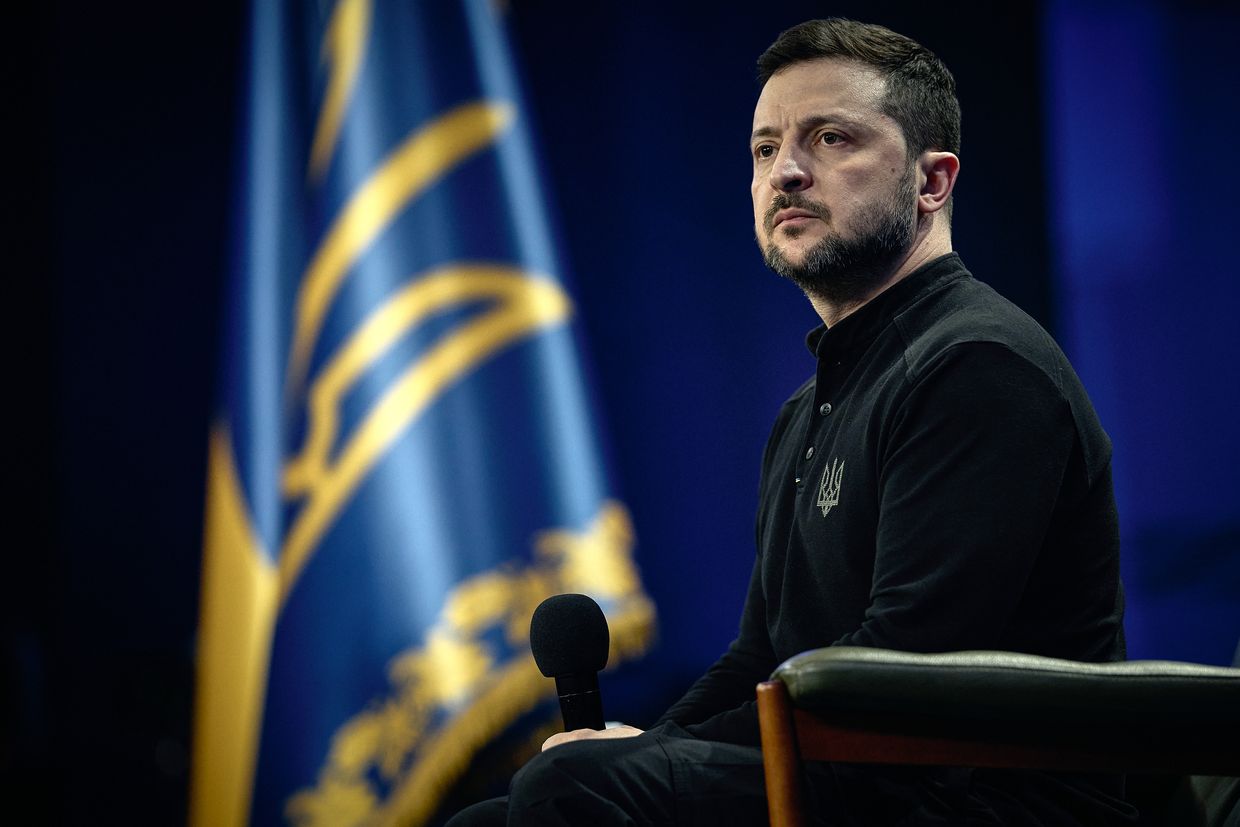
If Trump truly believed democracy was only about elections, he would have accepted the results of 2020. If he truly believed that lacking an election makes someone a dictator, he would be far more critical of leaders who game the system to maintain permanent rule.
But he doesn’t. His attack on Zelensky isn’t about democracy — it’s about politics. It’s about shaping public opinion against continued U.S. support for Ukraine and laying the groundwork for a future in which the U.S. aligns more with authoritarian powers than democratic allies.
Trump’s claims demand more than just fact-checking. They require a deeper discussion about what democracy actually means — and how its enemies, foreign and domestic, are trying to redefine it for their own benefit.
The question isn’t whether Ukraine is a democracy. It is. The real question is: Who benefits from pretending it isn’t? The answer is clear: those who want to attack democratic institutions, normalize autocratic rule, and justify their own attacks on democratic norms.
If the U.S. allows electoralism to define democracy, it will not only abandon Ukraine — it will undermine its own democratic resilience. And that would be a victory for the very forces democracy was meant to resist.
Editor’s Note: The opinions expressed in the op-ed section are those of the authors and do not purport to reflect the views of the Kyiv Independent.
Why Ukraine can’t hold elections during wartime
Editor’s Note: This op-ed was first published by the Ukrainian NGO Civil Network OPORA as an open statement, which garnered nearly 300 signatures at the time it was published by the Kyiv Independent. Democracy during wartime must be protected even more than in peacetime, as the consequences of mist…

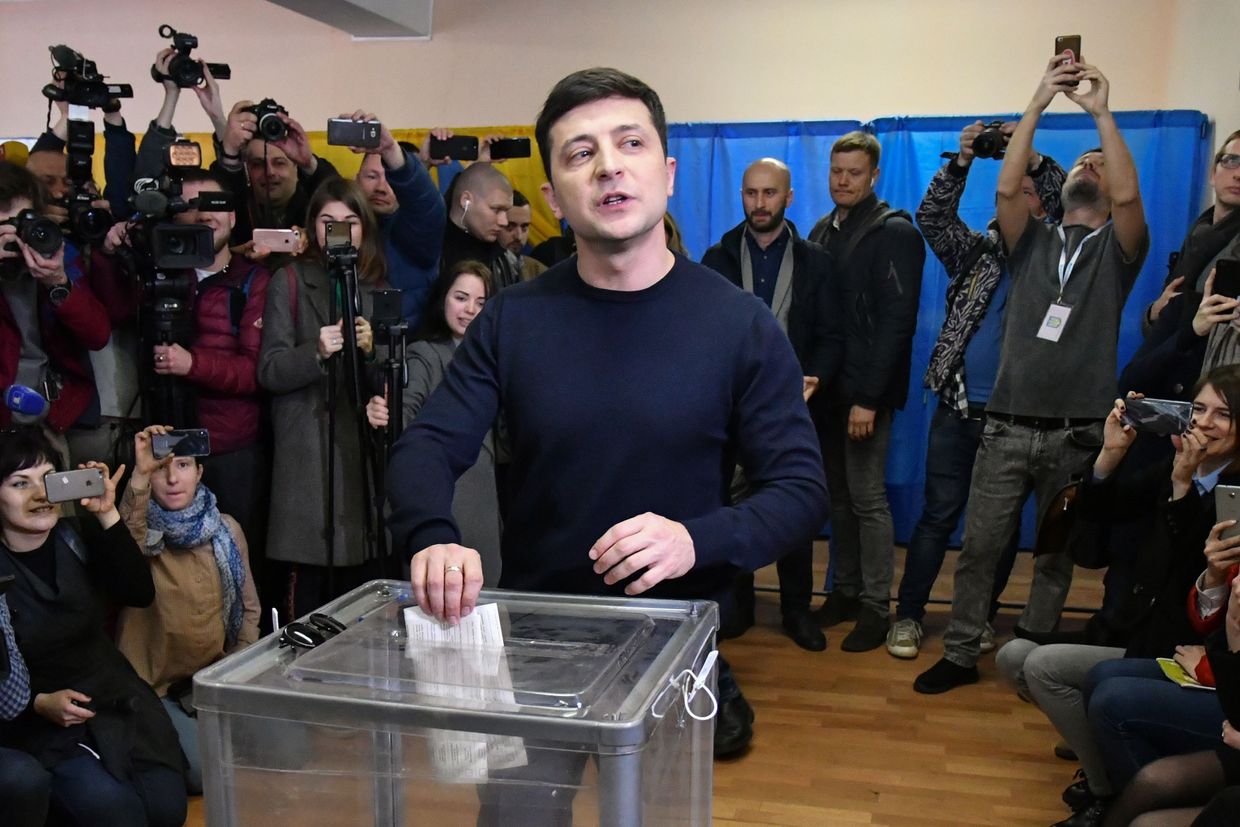
.png)
 German (DE)
German (DE)  English (US)
English (US)  Spanish (ES)
Spanish (ES)  French (FR)
French (FR)  Hindi (IN)
Hindi (IN)  Italian (IT)
Italian (IT)  Russian (RU)
Russian (RU)  4 hours ago
3
4 hours ago
3
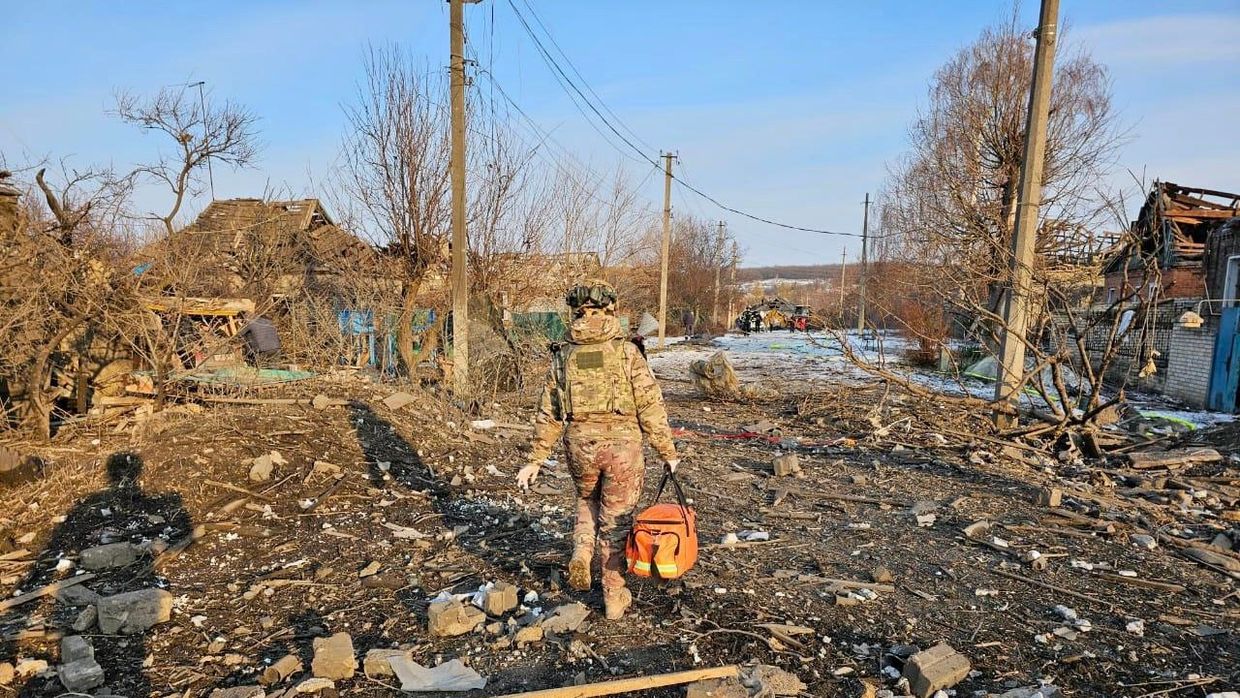
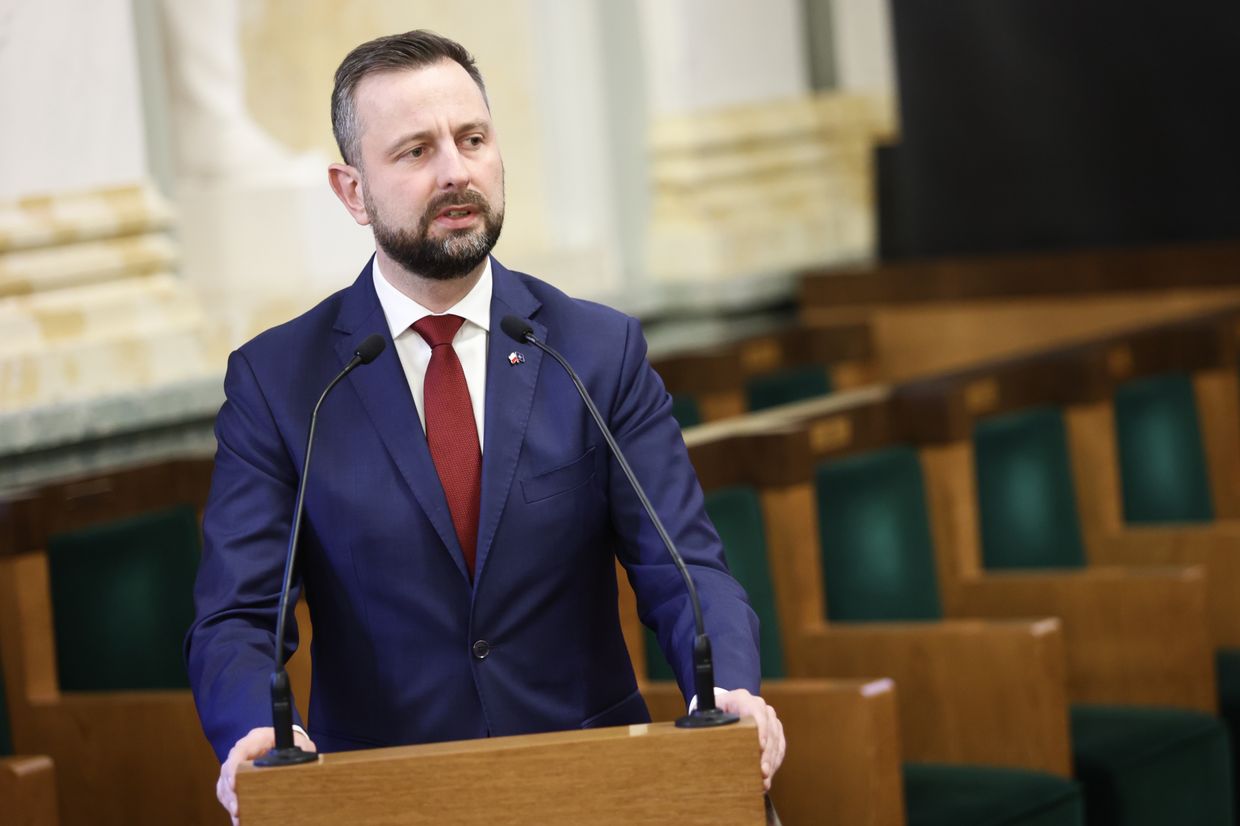

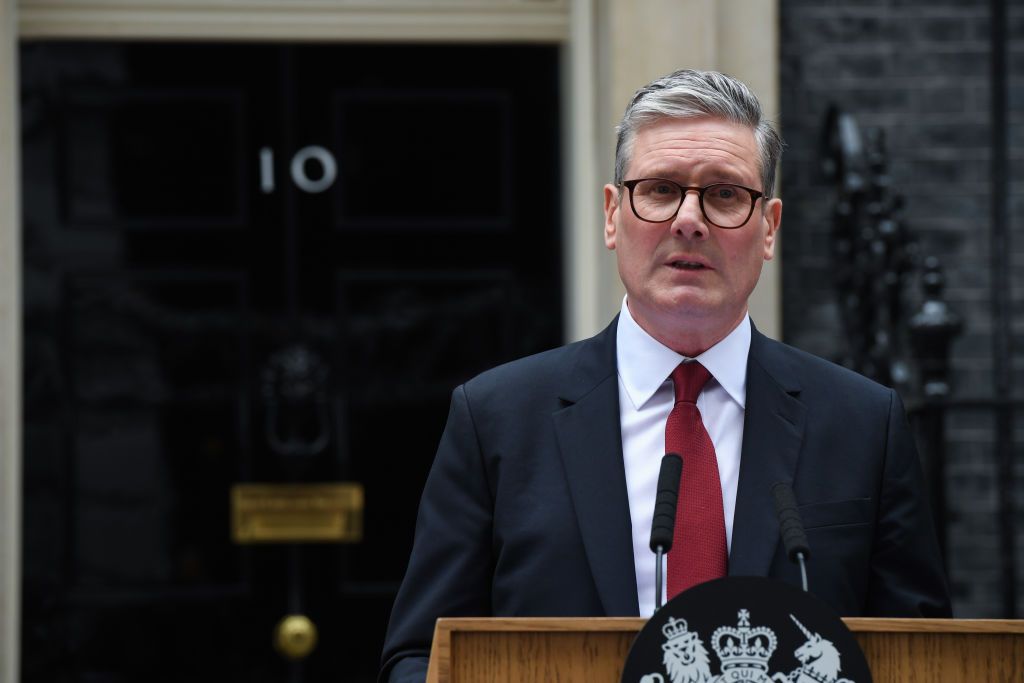



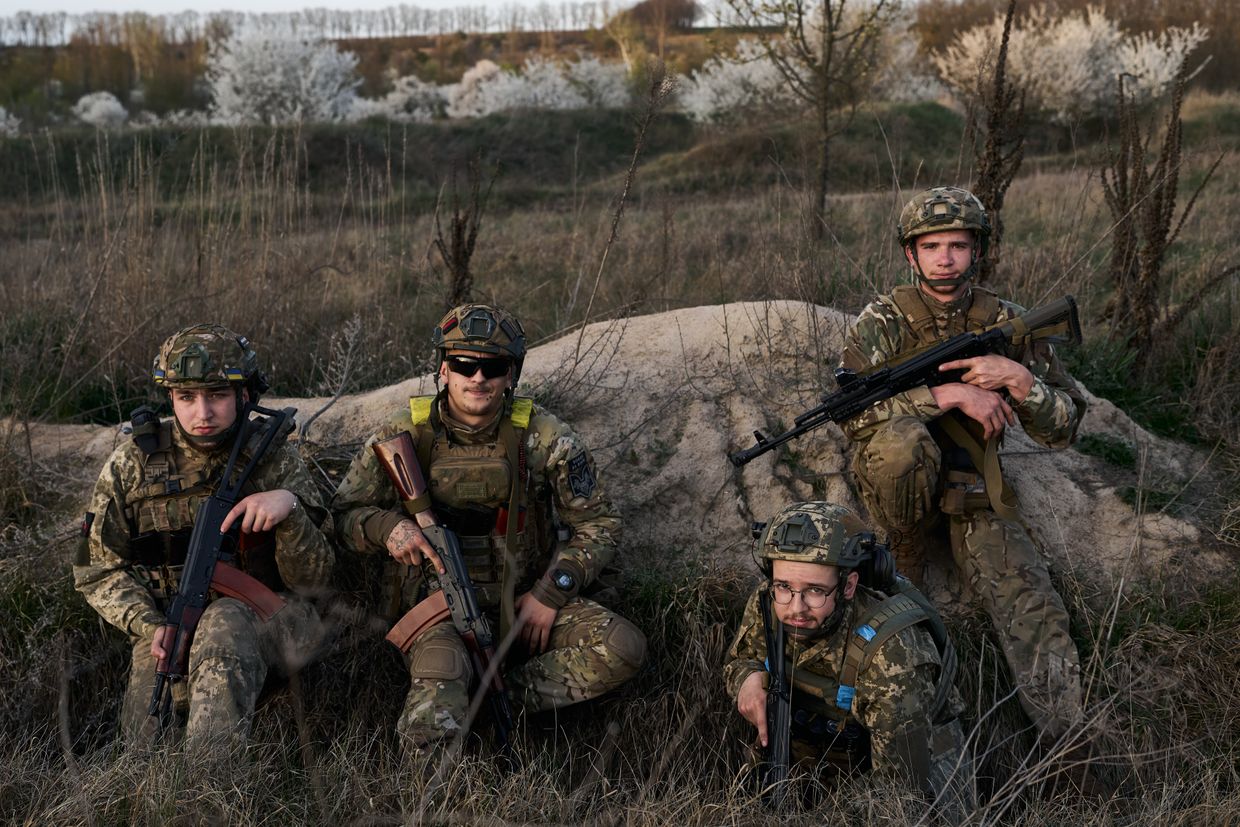

Comments